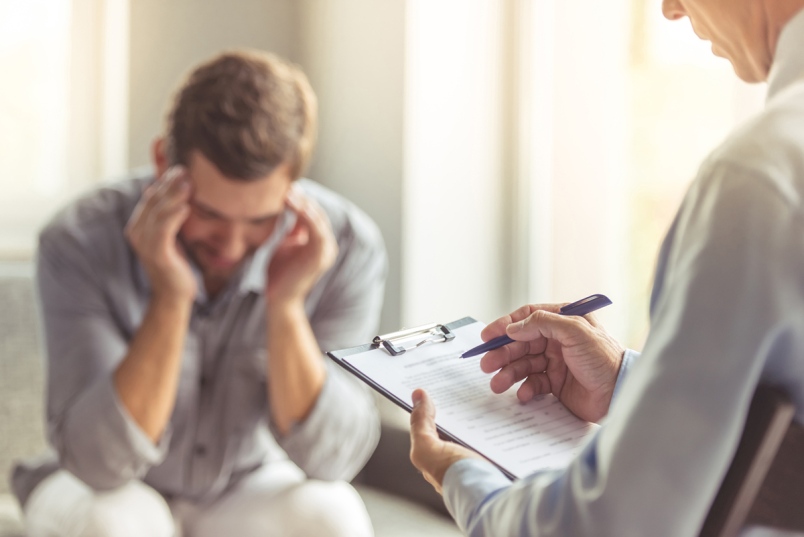Step l, Outpatient Home Medical Detox
Medical Detox is the first and probably hardest step in addiction treatment. Tragically, real and perceived fears of withdrawal often based on previous attempts to stop abusing keep people from getting the help they need.
During detox, drugs and alcohol are cleared from the body, and this may be associated with painful withdrawal symptoms that if untreated can quickly lead to relapse. Due to the dangers of self-detoxification, going “cold turkey”, it is vitally important to safely monitor patients and administer medications to ease withdrawal symptoms.
Dr Kittay’s patients are safely and comfortable medically detoxed under his direct supervision as outpatients in their home with additional care provided in the privacy of his medical office if needed.
He has developed medical detox protocols to make this experience as safe and comfortable as possible. As the name implies, Medical Detox is the supervised use of medication to minimize ” dope sickness”, withdrawal symptoms and cravings. Most patients can be treated in the comfort of their home. Most of his patients do not need to be detoxed in inpatient facilities.


Step ll, Relapse Prevention
Following outpatient home medical detox, patients are then maintained on addiction medications to keep them sober, manage cravings and prevent relapse. This is called “Medication Assisted Treatment” MAT and is helpful in treating all of the addictions that we treat including Opioids, Alcohol, Stimulant, Sleep and Anxiety medication addictions.
Step lll, Addiction Psychiatry
Psychiatric treatment for mental health problems occurring in addictions is essential to successful recovery. Dr. Kittay is a Harvard University trained psychiatrist who is an expert in treating “Dual Diagnosed” patients. He treats all psychiatric disorders including depression, anxiety, Sleep Disorders, ADHD and PTSD. All care is outpatient and is scheduled in his private medical office.


Step lV, Counseling and Behavioral Therapy
Since drug and alcohol treatment address both the causes and effects of addiction, counseling and behavioral therapy is an important part of every treatment plan. This addresses issues associated with motivation, behavior changes, and interpersonal and family relationships related to addiction. Understanding the causes of addiction helps patients develop strategies to improve treatment outcomes. There are a wide range of behavioral therapies available, and Dr. Kittay can help determine which is most appropriate based on the type of addiction and other issues being treated.
Step V, Addiction Therapists and Counselors
Dr. Kittay focuses on helping his patients understand their addiction, and on developing coping skills needed for recovery. He coordinates care with addiction therapists and counselors, and other behavioral and mental health professionals.


Step Vl, Self Help or Support Groups
Dr Kittay endorses support groups include 12-Step programs such as Alcoholics Anonymous or Narcotics Anonymous, as well as programs that utilize SMART Recovery approaches or other peer-counseling programs. These programs provide opportunities where people in recovery can connect with one another in an environment that promotes and supports long-term recovery.
